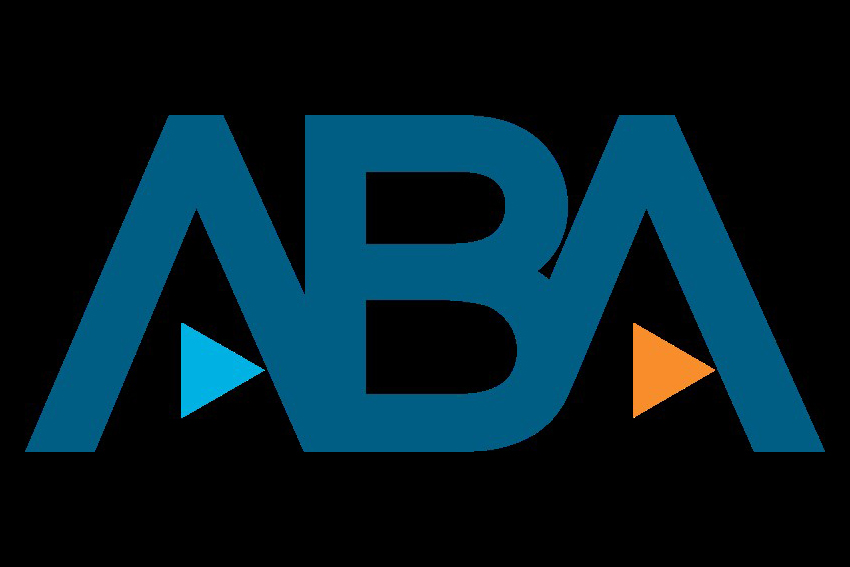Withdrawing as counsel due to COVID-related fears
In New York, court appearances have been sharply curtailed at times due to the pandemic. Online court appearances have become commonplace out of necessity and have been surprisingly well-received, especially by some members of the judiciary.
That being said, in-person court appearances are sometimes still required, even as COVID-19 numbers are on the rise. For lawyers who are uncomfortable with the safety and security measures being taken by courts but are nevertheless required to appear in person, what are your options?
That very issue was addressed in early October by the New York State Bar Association’s Committee on Professional Ethics in Opinion 1203. In this opinion, an attorney who was representing a client in Immigration Court sought permission to withdraw from representation due to the attorney’s health concerns relating to in-person court appearances. The issue considered by the committee in this case was whether “an attorney who believes that continued representation of a client before a tribunal endangers the attorney’s health (may) withdraw from that representation.”
In reaching its determination, the committee noted that Rule 1.16 was controlling. The committee explained that Rule 1.16(b) permits withdrawal when “the lawyer’s mental or physical condition renders it difficult for the lawyer to carry out the representation effectively.” According to the committee, when assessing whether representation has become too “difficult,” the standard to be applied is a flexible one and the inquiry should center around “the ways in which the inquirer’s fear of contracting COVID-19 could impede effective representation.”
Next, the committee acknowledged that under the rule, there were other permissible circumstances for withdrawal from a case, but they only applied if withdrawing would not have a materially adverse effect on the interests of the client or if the client consents.
Then the committee turned to the situation at hand and explained that in order to withdraw from representation in Immigration Court, Rule 1.16 (d) required that the attorney obtain “permission for withdrawal from employment (since it) is required by the rules of (the) tribunal.”
The committee explained that the issues that the court would need to consider prior to granting the inquirer’s request would be whether it would be difficult for the attorney to provide effective representation due to fear of contracting COVID-19. The attorney’s trepidation could impact effective representation if the lawyer: 1) was reluctant to meet with the client face-to-face, 2) agreed to a disposition that would prematurely end the proceeding in order to reduce the amount of time spent in court, or 3) rushed through a hearing and failed to call witnesses to testify on the client’s behalf or waived cross-examination of government witnesses in order to shorten the hearing and thus time spent in court. The committee opined that “(t)he standard required for Rule 1.16(d) permissive withdrawal would be met by any of these influences, or like influences, to which the inquirer would be susceptible.”
Accordingly, the committee determined that an “attorney may withdraw from representation, with the permission of the Immigration Court, based on fear of contracting COVID-19 as a result of in-person appearances in the proceeding, where such fear renders it difficult for the attorney to carry out the representation effectively.” Upon doing so, the attorney would need to “take steps, to the extent reasonably practicable, to avoid foreseeable prejudice to the rights of the client, including by giving reasonable notice to the client, allowing time for employment of other counsel, delivering to the client all papers and property to which the client is entitled, promptly repaying any part of a fee paid in advance that has not been earned and complying with applicable laws and rules.”
If you’re a New York attorney and are concerned about the risks associated with returning to in-person court appearances, this opinion should provide you with some solace. Of course, there is a very real possibility that this will soon be a non-issue since in-person court appearances may once again be canceled for an indeterminate period of time. After all, the pandemic shows no sign of abating any time soon, and the winter months could bring with them a surge in cases above and beyond what we saw in the spring. Only time will tell, but in the meantime, stay safe out there!
Nicole Black is a Rochester, New York attorney, author, journalist, and the Legal Technology Evangelist at MyCase legal practice management software. She is the nationally recognized author of “Cloud Computing for Lawyers” (2012) and co-authors “Social Media for Lawyers: The Next Frontier” (2010), both published by the American Bar Association. She also co-authors “Criminal Law in New York,” a Thomson Reuters treatise. She writes regular columns for Above the Law, ABA Journal, and The Daily Record, has authored hundreds of articles for other publications, and regularly speaks at conferences regarding the intersection of law and emerging technologies. She is an ABA Legal Rebel, and is listed on the Fastcase 50 and ABA LTRC Women in Legal Tech. She can be contacted at [email protected].
Share this story, choose a platform
Brought to you by BridgeTower Media
Free Weekly Newsletter
Recommended content
Legal Ethics: New ABA opinion seeks to clarify lawyers’ duties when they withdraw from cases
Legal Ethics: New ABA opinion seeks to clarify lawyers’ duties when they withdraw from cases By Jim Doppke In my [...]
Young lawyers need better AI verification abilities, study shows
The survey also found concern over the legal reasoning and argumentation skills of newer lawyers. Read more @ artificiallawyer.com
Who should you promote within your law firm?
The best candidates are usually not those asking for promotion. Rather, they have earned consideration through stellar work and loyalty. [...]
Walking in your clients’ shoes
Learning to empathize with clients – as challenging as that sometimes is – can mean the difference between a successful [...]





